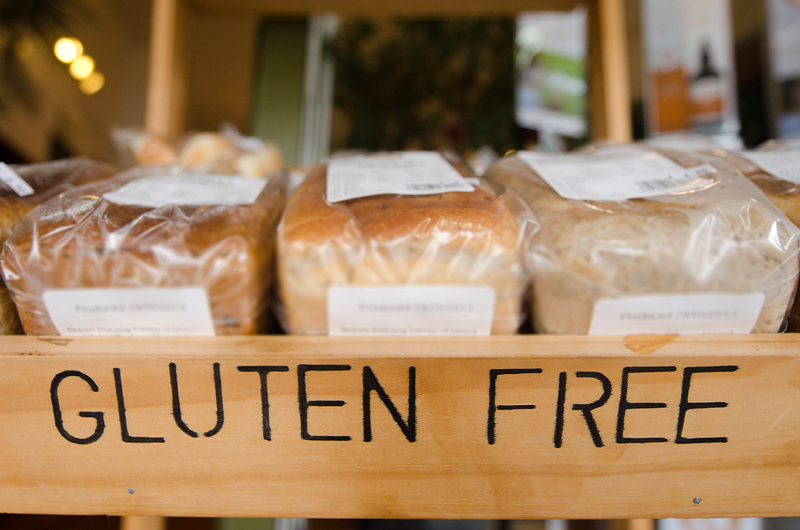Proven Methods To Effectively Reduce Intestinal Gas Build Up
Intestinal gas occurs when air is rapidly pushed through to the colon from the small intestine. The amount of gas depends on the colonic bacteria in the undigested food that enters the colon along with the speed in which it passes through the intestines. Typically, intestinal gas that is present in the lower intestines is produced in the colon and does not reach upper intestines. Intestinal gas may occur in the form of flatulence, burping, or a feeling of fullness in the abdomen. Causes may vary from swallowed air to certain foods. Here is how to reduce gas before it builds up.
Eat Small Meals Throughout The Day

Instead of eating a big breakfast, lunch, and dinner every day, focus on breaking these meals up into six smaller ones. This may help reduce intestinal bloating and gas. It may also help improve digestion and speed up metabolism. Chewing food slower can help to reduce gas in two ways. It helps minimize the amount of air swallowed, and the smaller pieces of food are easier to digest, causing less gas. Chewing also helps a person eat less food, which reduces gas because there is less food in the digestive tract to cause irritation.
Rule Out A Food Allergy

Prolonged or excessive intestinal gas might be a sign of an underlying food allergy or intolerance. Many people have sensitivities to foods containing lactose, fructose, eggs, wheat, and gluten. Try an elimination diet for two weeks by eliminating these foods from the diet. Keep a food journal to track progress. After two weeks, slowly reintroduce these foods back into the diet in the amount of one food per week. Write down detailed notes about which foods cause intestinal gas and which are safe.
